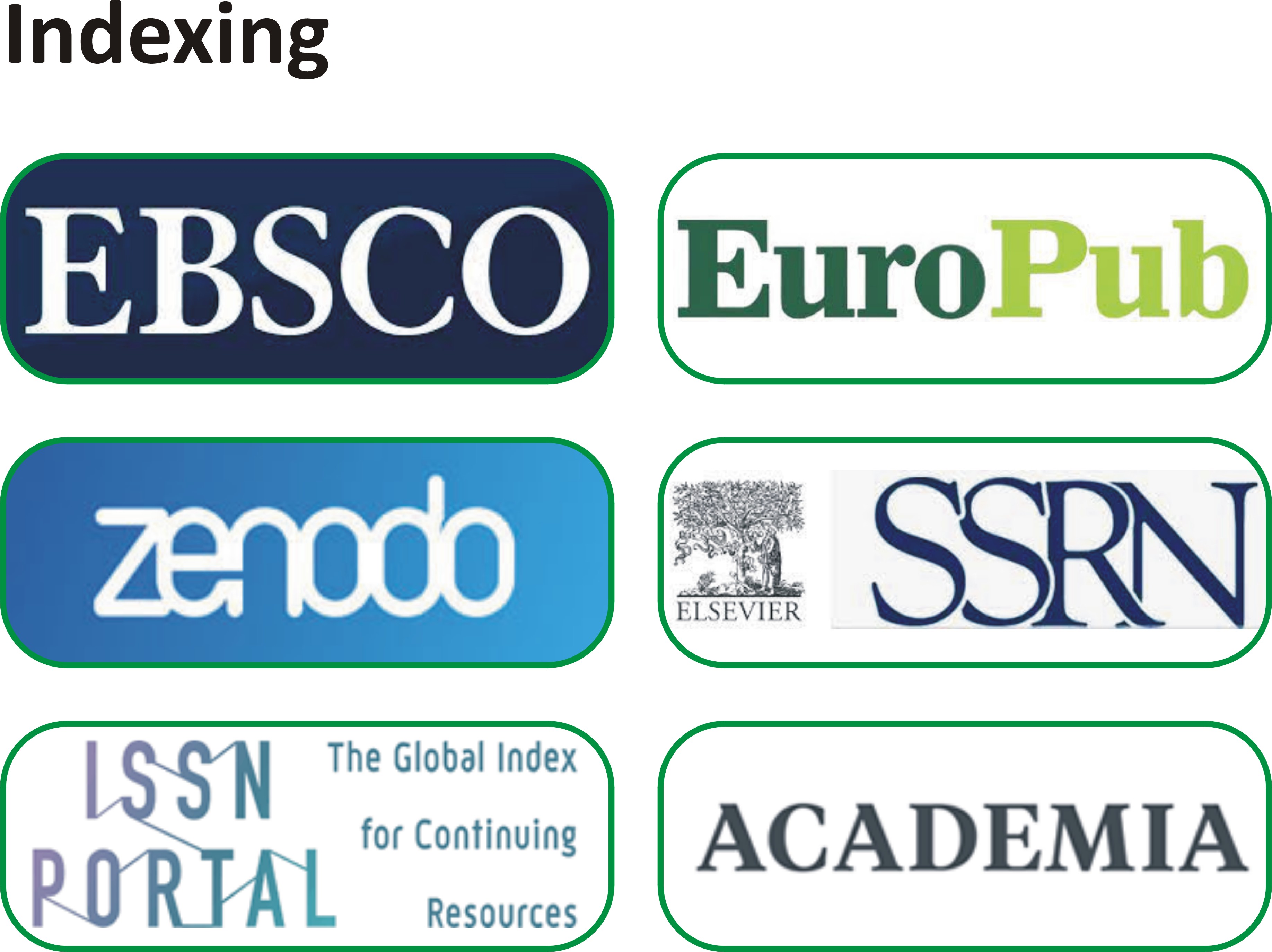Evaluating the Implementation of Inclusive Education Practices at Secondary Level in Pakistan: A Document Analysis of Pakistan's Education Policy Framework 2009
Abstract
Inclusive education aims to integrate all students, regardless of their diverse conditions, into mainstream educational systems. In Pakistan, the Education Policy 2009 marked a pivotal shift toward inclusive education, particularly for children with disabilities, aligning with international standards set by the UN Convention on the Rights of Persons with Disabilities (CRPD). This paper explores the alignment between the goals of the 2009 Education Policy and the actual implementation of inclusive education at the secondary level in Pakistan. Despite policy intentions to promote equity and inclusivity, significant barriers to successful implementation persist. These include inadequate teacher training, limited resource allocation, societal attitudes toward disabilities, and infrastructural challenges, which hinder the full realization of inclusive education. The research utilizes thematic analysis to examine the gaps in the policy framework, focusing on key areas such as teacher preparation, curriculum adaptation, and infrastructure. The study highlights the lack of actionable steps to translate the policy vision into practice, especially at the secondary level, and calls for enhanced strategies, including recurrent teacher training, improved resource allocation, and infrastructural reforms. The findings underscore the need for a more coordinated, systemic approach to bridge the gap between policy and practice, particularly to ensure equal educational opportunities for marginalized students. The paper concludes with recommendations to policymakers and educators for improving inclusive education practices in Pakistan’s secondary schools.







